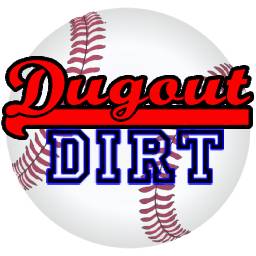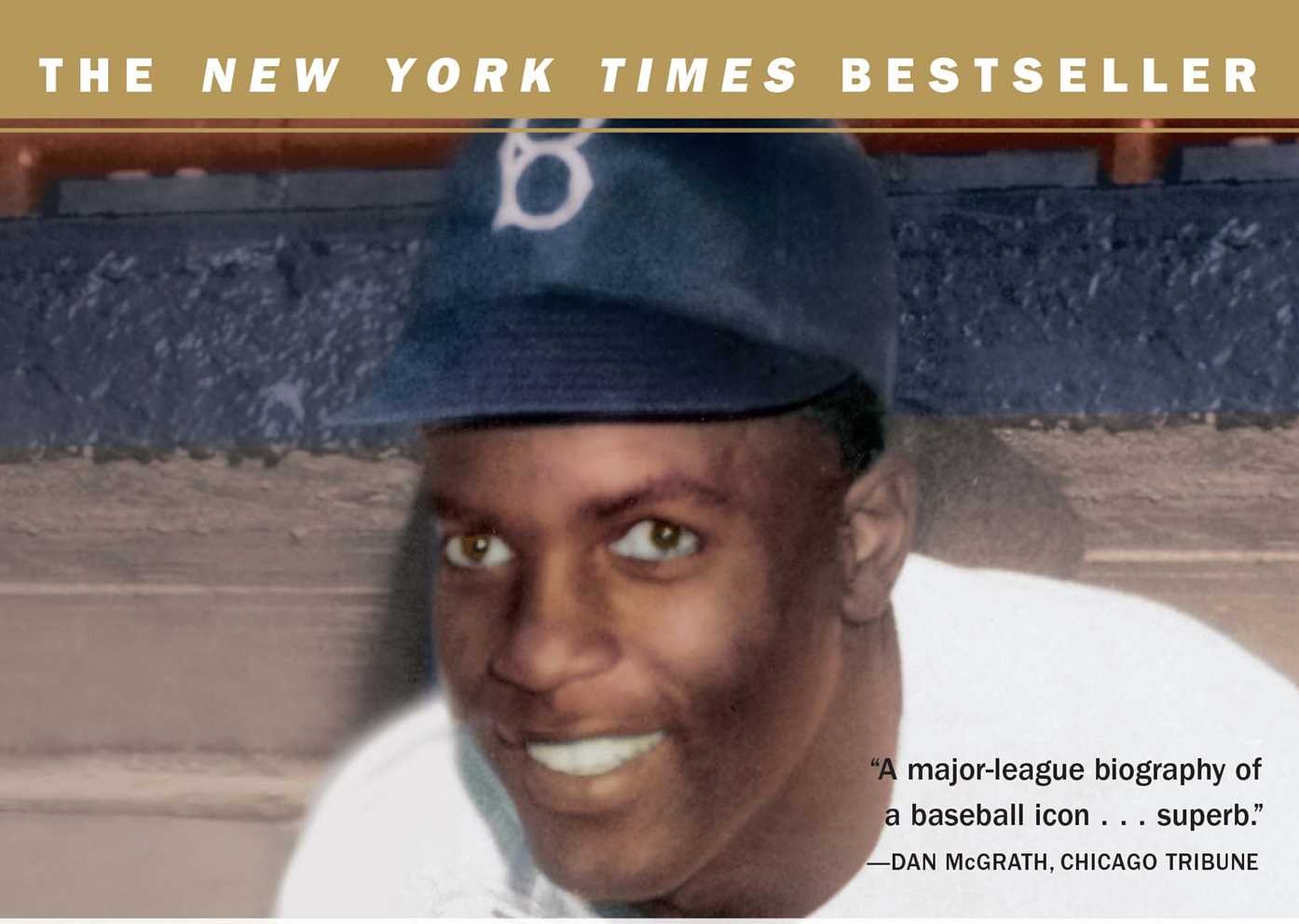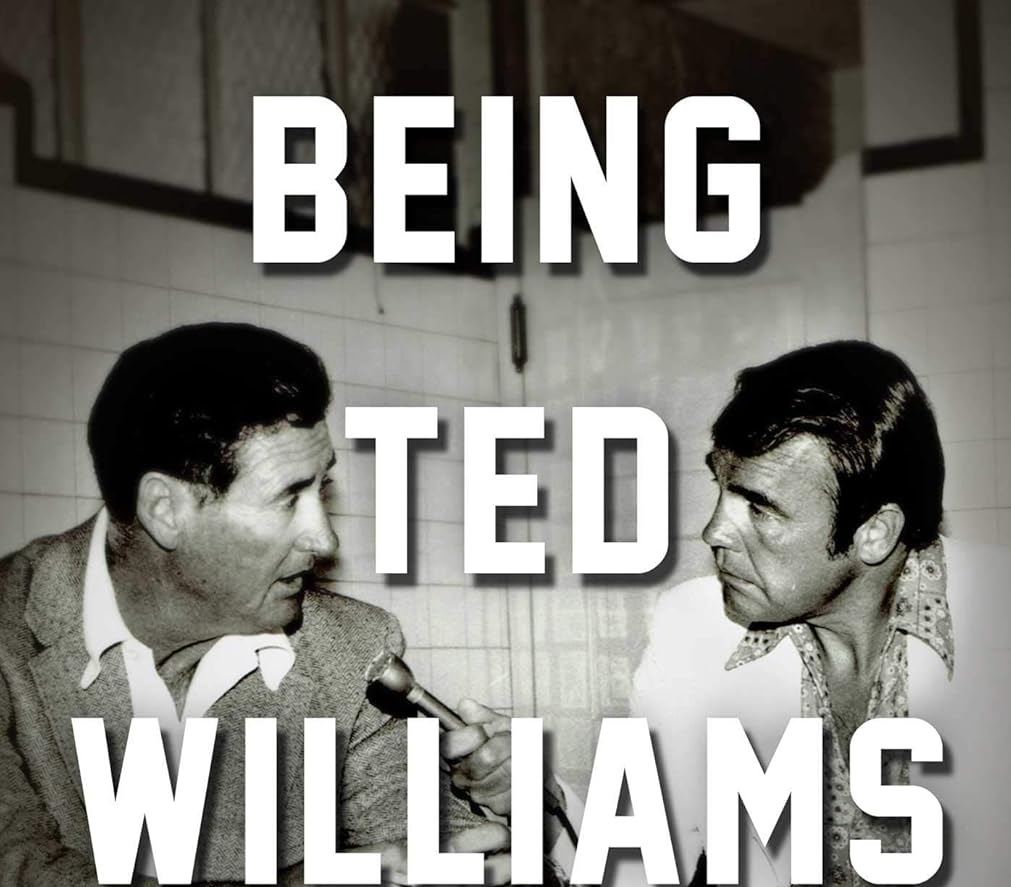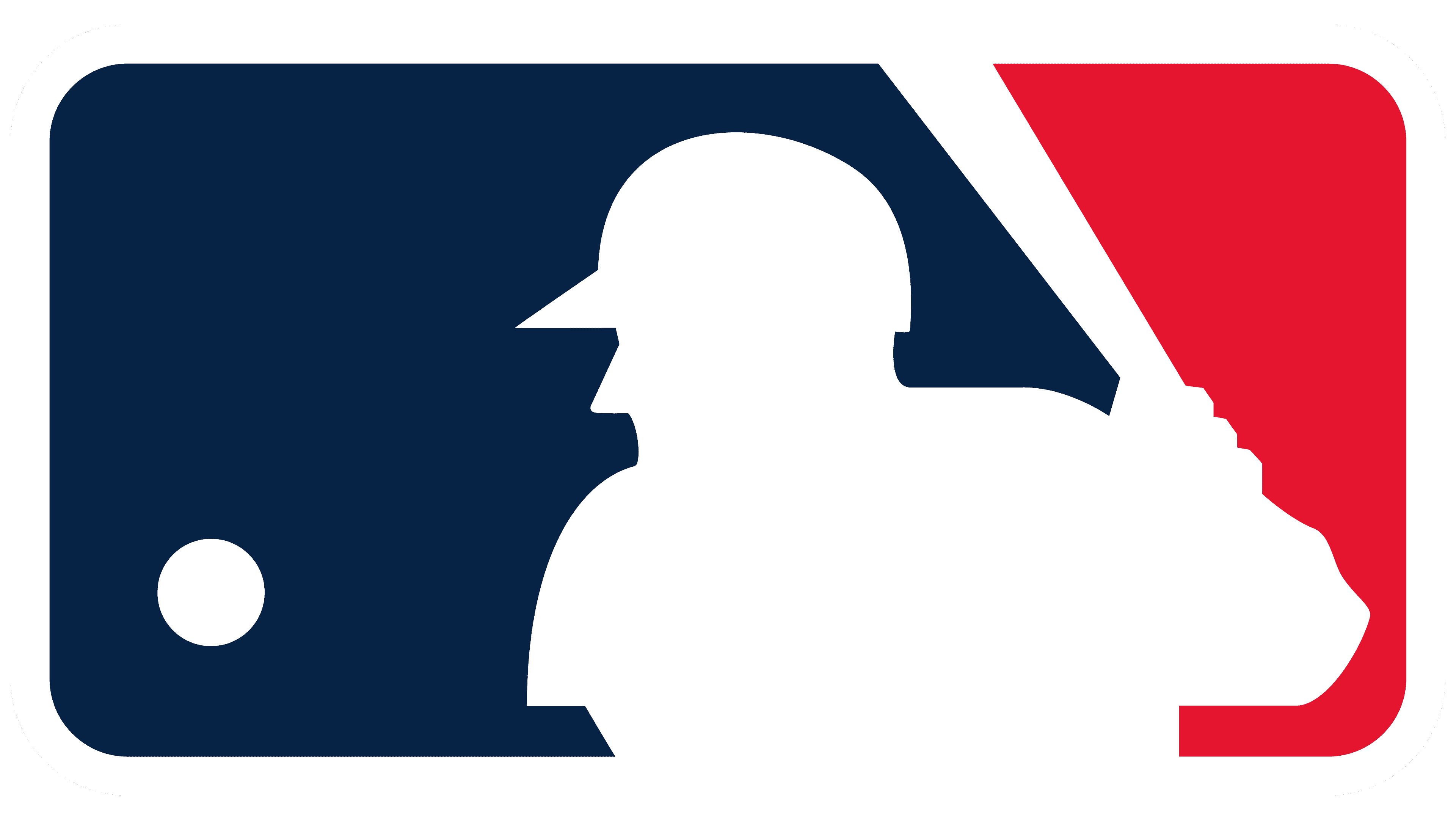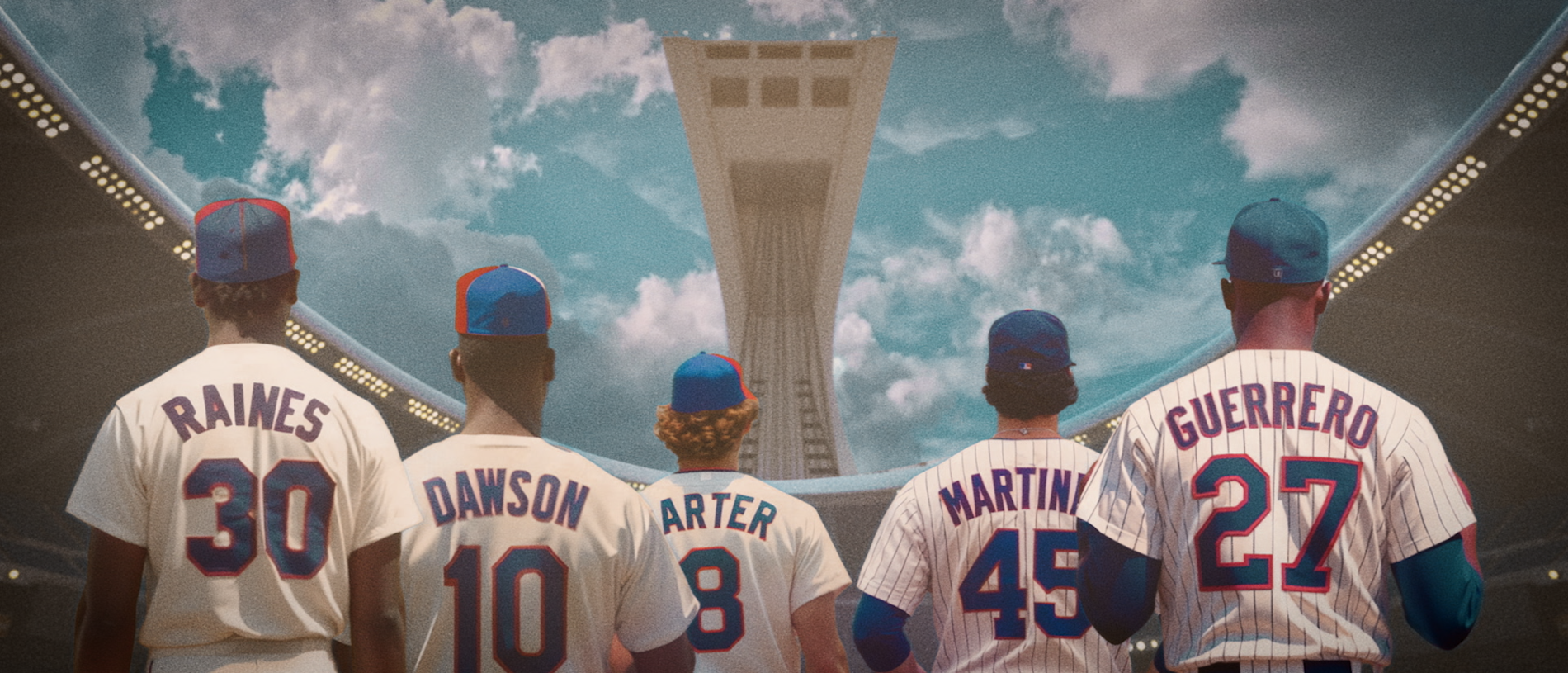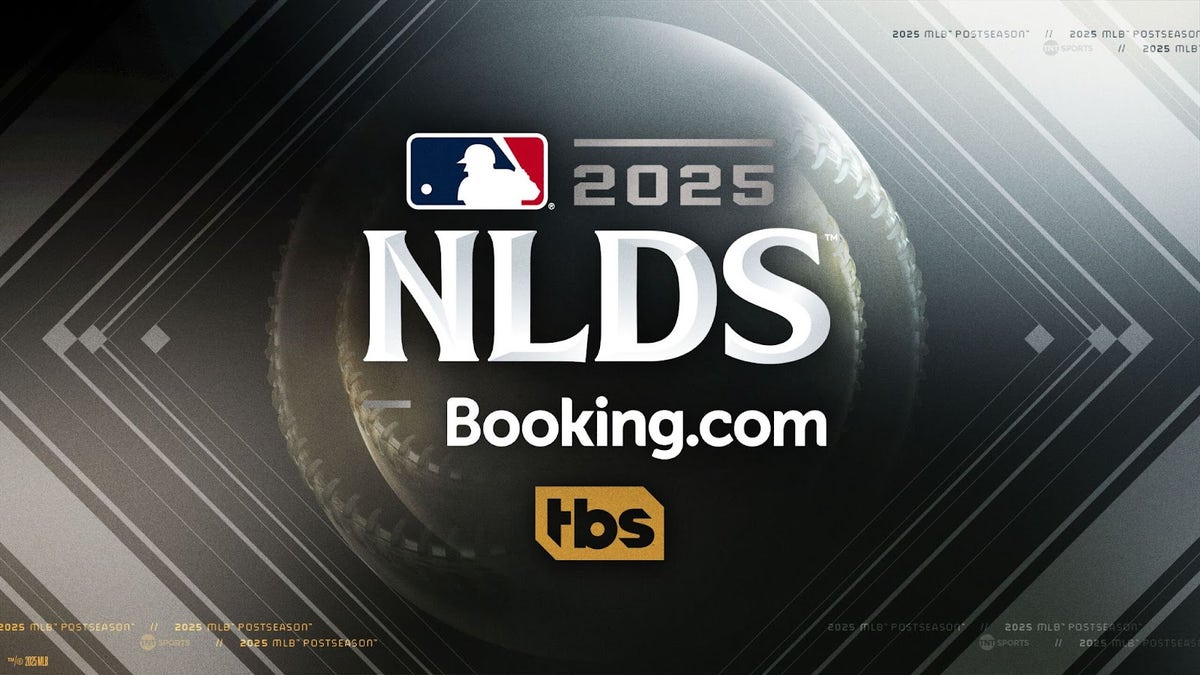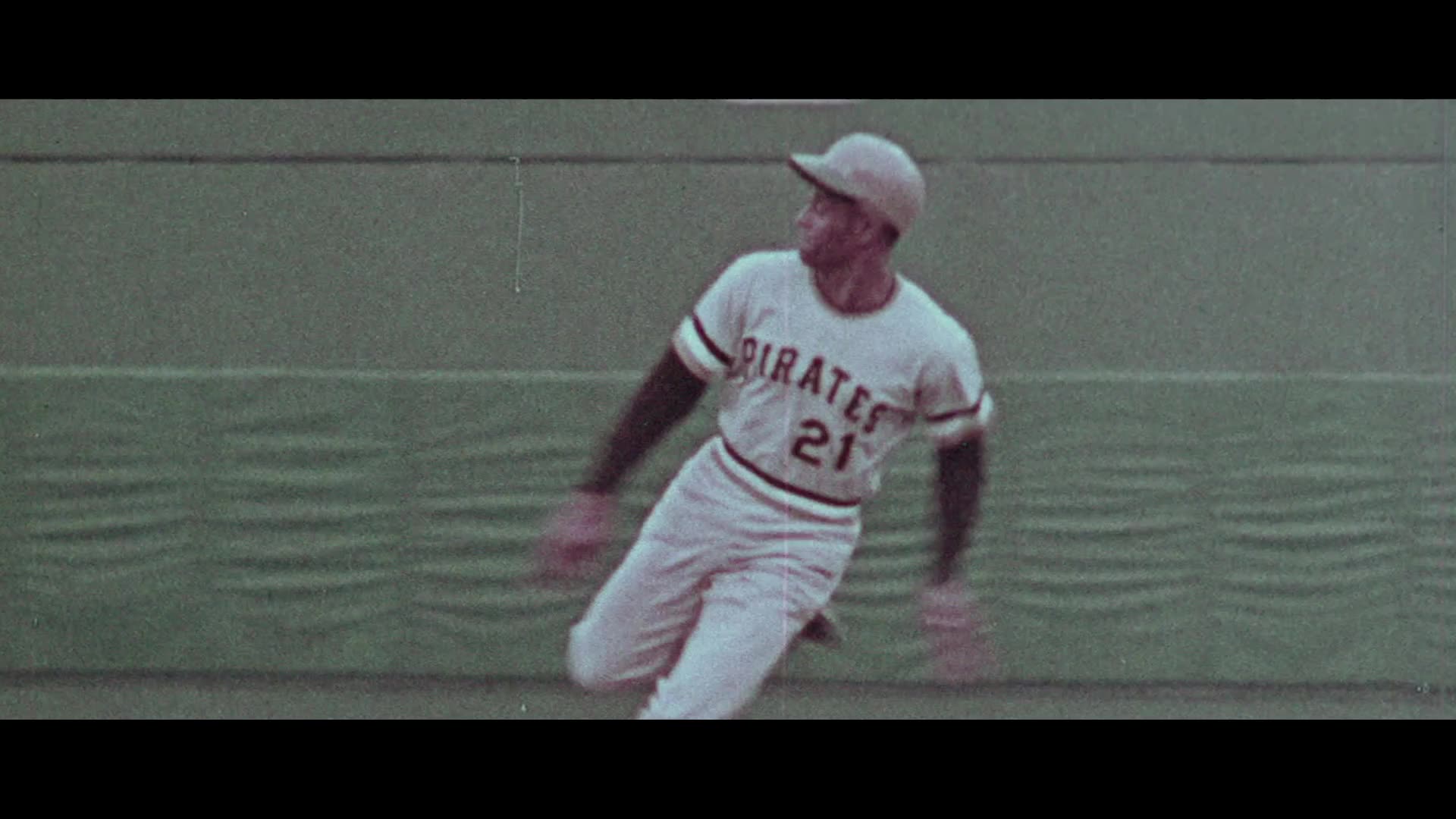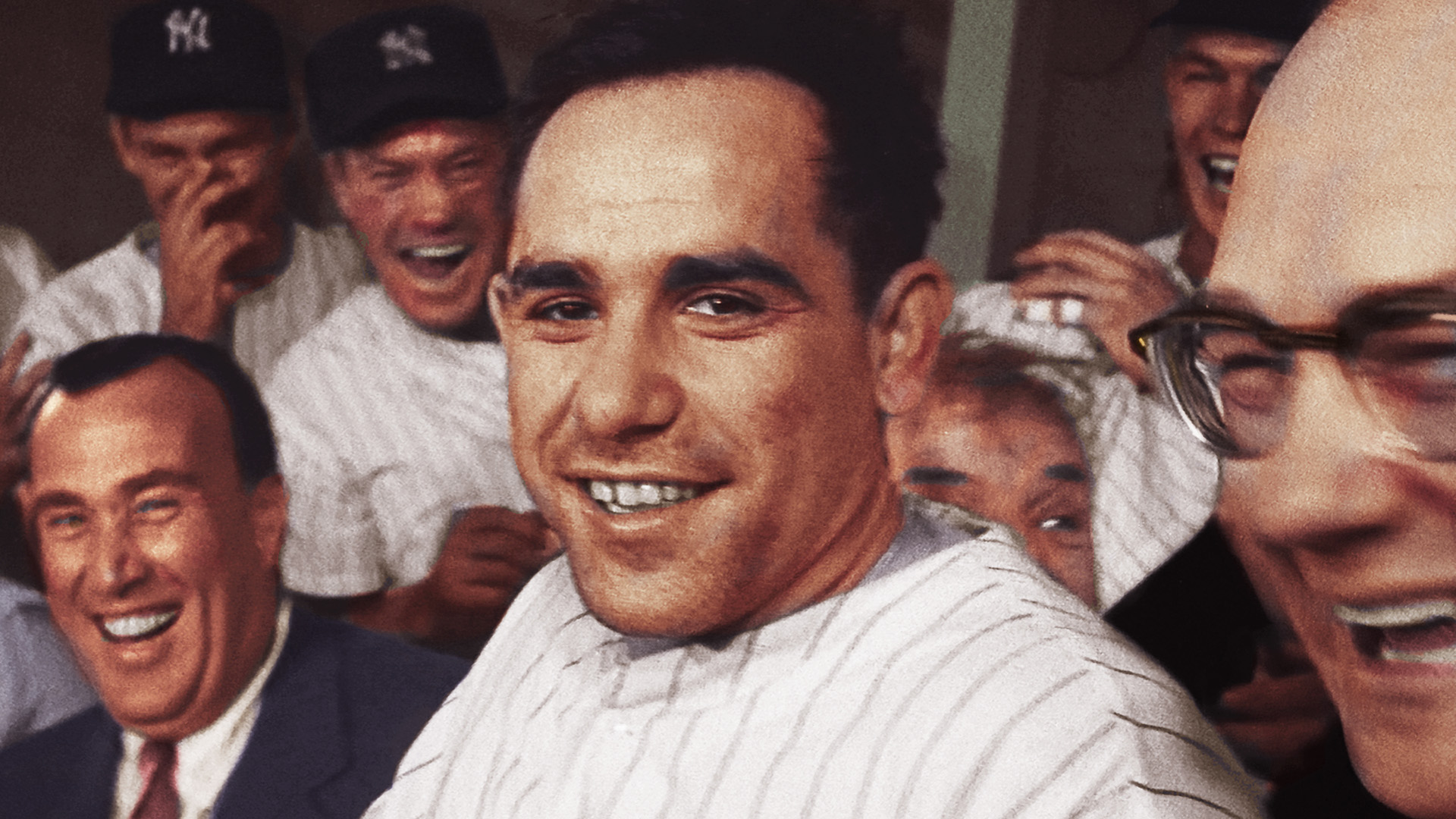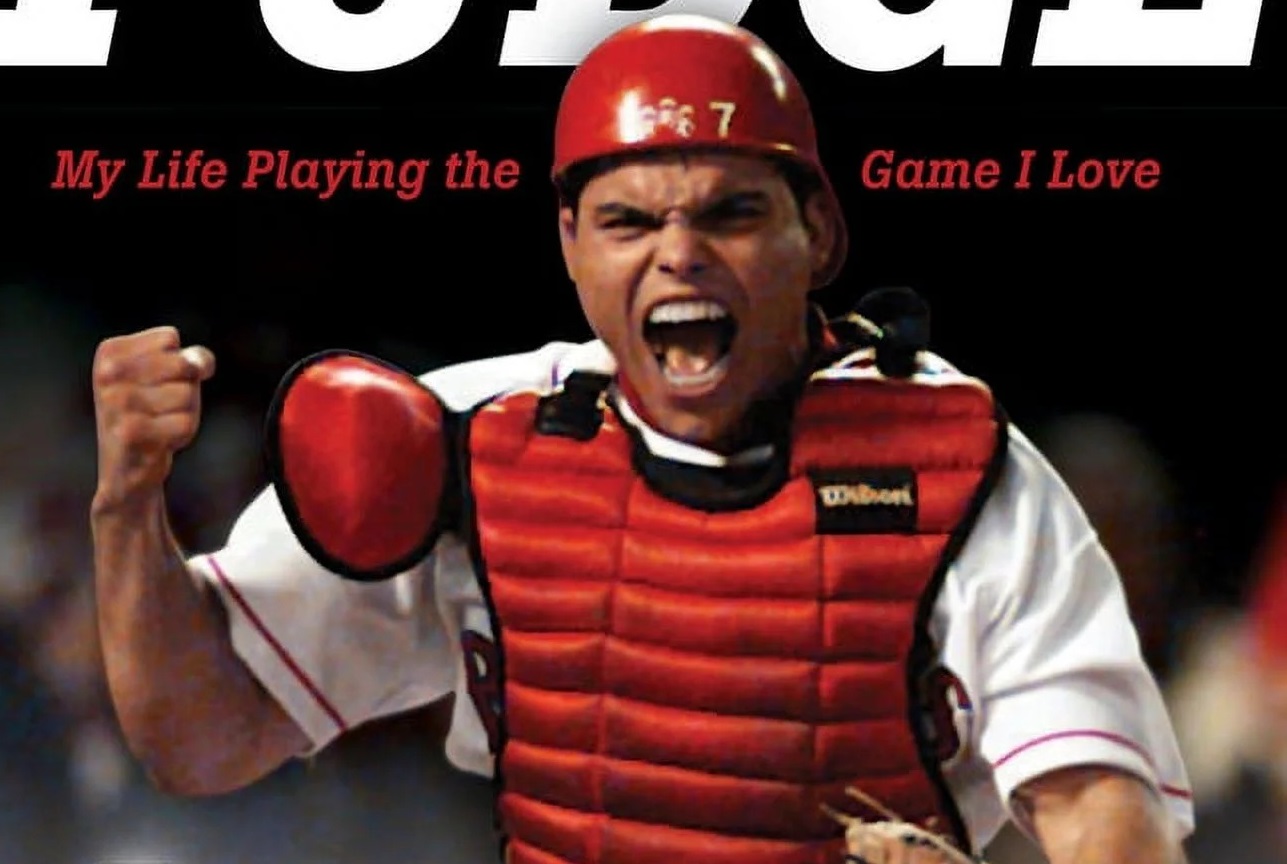
Iván Rodríguez—with co-writer Jeff Sullivan—wrote his memoir, They Call Me Pudge: My Life Playing the Game I Love, timed to his Baseball Hall of Fame induction and published by Triumph Books in 2017. Both Nolan Ryan and Jim Leyland penned the forewords.
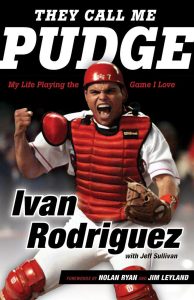
At the time of his induction, Pudge became one of two catchers to be elected on their first ballot. The other one is his hero, Johnny Bench. Mike Piazza—the best hitting catcher in years—had to wait four years, finally getting the call in 2016. The two were the best catchers of their generation although Piazza didn’t debut until 1992—winning the NL Rookie of the Year in 1993—and called it quits after 2007. Both were primarily catchers for the entirety of their career. As far as JAWS rankings are concerned, the top 7 catchers of all time are Bench, Gary Carter, Rodríguez, Carlton Fisk, Piazza, Yogi Berra, and Joe Mauer. Mauer joined Bench and Pudge in becoming the only catchers elected on the first ballot. Yadier Molina will inevitably join them in the Hall of Fame and probably on the first ballot. But anyway, let’s talk about the book.
The very first thing that Pudge does here his discuss the HOF election and respond to Jose Canseco’s allegations against him. It’s unfair that Pudge has to use his memoir to address these allegations but I don’t blame him for being hurt by Canseco’s comments. Pudge never took steroids and says as much in his book. He worked every single day to be the best catcher that he can be. Did the allegations prevent him from getting a higher vote tally on the first ballot? I don’t know but maybe.
As a ballplayer, Pudge accomplished a lot in his HOF career: 2003 World Series champion (with the then-Florida Marlins, 1999 AL MVP, 14 All-Star Game selections, and 13 Gold Gloves. His 13 Gold Gloves remain a record for catchers with Bench (10) and Molina (9) trailing him. You might think that awards mattered to him but what mattered the most was just getting to play baseball every day. Even before he signed his first contract, he was living and breathing baseball. That doesn’t stop him from sharing his stories from those seasons.
A funny thing happened on the way to Pudge being called up by the Texas Rangers. The very day that he was called up was when he planned to marry the woman that became his first wife. Things changed in an instant and Pudge made the trek to Chicago. At 19 years old, he made his debut with Kevin Brown throwing on the mound. The next game, he would catch Nolan Ryan and be Ryan’s catcher for the final two and a half seasons of his career. Ryan was in his mid-40s when Pudge was catching him. On the other end of the coin, Pudge was 38-39 when catching Stephen Strasburg, a 21-year-old phenom for the Washington Nationals. Overall, Pudge got to catch for some very impressive pitchers including a future HOF pitcher in Justin Verlander. Throughout the book, Pudge talks about some of the best players that he played with during his career. Not to mention the managers, too.
He never wanted to leave the Texas Rangers but he wasn’t getting any younger going into the 2003 season—a goal for Pudge upon entering the league was to play his whole career with one organization. In fact, it took until late January 2003 find a team that wanted to sign him and offer what he wanted—losing two months to a herniated disc in the 2002 season didn’t help. It isn’t that Texas wasn’t interested in bringing him back but it just wasn’t in the number range that the catcher was seeking. If not for that, it’s unlikely that Pudge would have ever been able to call himself a World Series champ. From there it was onto Detroit, where the catcher struggled in the colder weather at the start of the season. However, it got him back to the Fall Classic in 2006, only to watch the Detroit Tigers defense collapse against the St. Louis Cardinals. Much like with Texas, he saw himself as finishing his career as a Tiger but after Yankees catcher Jorge Posada was injured, Pudge was traded. In 2009, he signed as a free agent with the Houston Astros before later being traded back to the Rangers. While he could have, in theory, retired with the Rangers, he spent his final two seasons with the Washington Nationals.
His life and career weren’t without challenges. Dealing with a divorce had an impact on his training at the time. As much as he tried leaving those things at home and in the car, it wouldn’t surprise me if they impacted him at a subconscious level.
In addition to Pudge’s own story, one of the interesting things about the book are seeing the anecdotes shared by his family, managers, and teammates. Their comments weave nicely into the narrative that Pudge is telling during those chapters. One such anecdote comes from the 2000 All-Star Game where Pudge went back to the hotel while son Dereck was still at Turner Field. There are plenty more throughout the book.
All in all, the book is a really quick read. I started reading it late Sunday night and was finished by Tuesday evening. They Call Me Pudge allows baseball fans to get to know Iván Rodríguez in a way that goes beyond the traditional soundbites that one would see or hear after a game ends. It’s ultimately a nice addition to anyone’s baseball book collection.
Discover more from Dugout Dirt
Subscribe to get the latest posts sent to your email.
